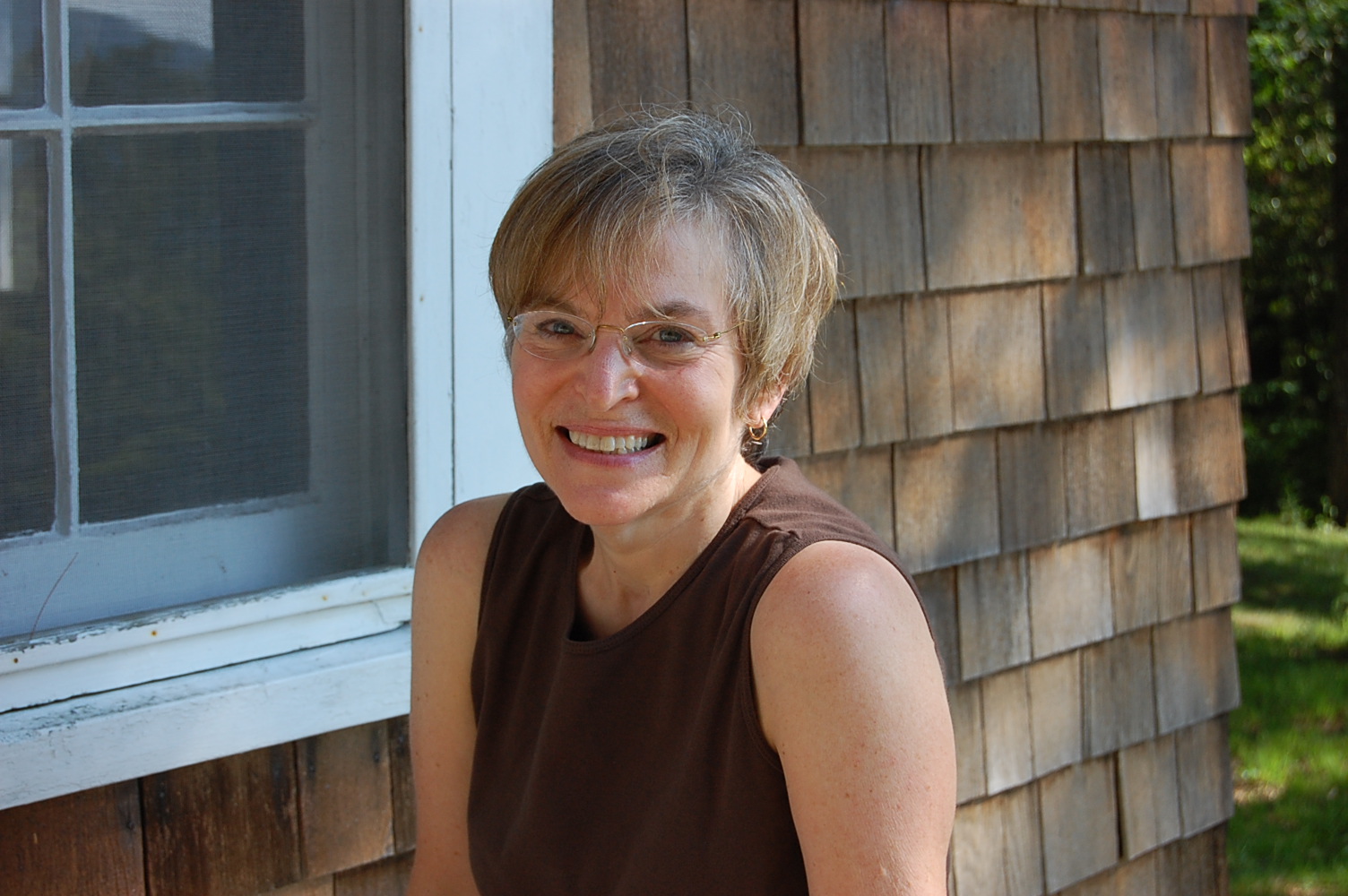By Dr. Judith W. Page

A few years ago I gave a talk at an Italian University on the history of women’s studies in the US. I called the talk “Claiming an Education,” in a deliberate echo of and homage to Adrienne Rich’s commencement address at Douglass College in 1977. Although I did not discover this speech early on, it has had a lasting effect on me and on how I think of feminist education. Rich’s point is that we must take responsibility for our own educations and formulate our own positions through reading, thought, and study. We don’t receive an education but we claim it as our right.
I don’t have the space to relate my own history, but suffice it to say as a student in the 1970s I never had a course in women’s studies, women writers, or anything to do with feminism. I discovered on my own Woolf’s A Room of One’s Own (1929) when I was studying abroad in the UK: a light bulb went off. Woolf argued that it would have been impossible for a woman in Shakespeare’s day to have achieved what the bard achieved because her ideas and aspirations would be crushed by circumstances and by her very embodiment as a woman. But was there more to the story? Woolf, it turned out, did not know how many women had written, had accomplished much despite the fact that they did not have money or a room of their own. Nor did she know, as Alice Walker corrected in her essay “In Search of Our Mother’s Gardens” (1972), that women of color, even enslaved women, had against all odds had brought light to their world.
Fast forward to the early 1980s when I began to teach at a small college and my department chair asked me to design a course in women writers. I began to discover treasures that had been hidden from me in my own education, knowledge that I had not yet claimed for myself. A few years later I became the founding director of the women’s studies program and oversaw many changes to the curriculum. But at the same time that this college established a program in women’s studies, it still did not have a maternity or family leave policy—although there was briefly daycare on campus that my children attended. Institutional structures had not caught up with academic advances.
In 2000 I moved from my small college to UF and in 2009 I became director of the Center for Gender, Sexualities, and Women’s Studies Research, my most rewarding job at UF. Already you can see that this title reflects the institutional changes over the last 40 or so years: women’s studies and gender and sexualities (plural!), the inclusiveness suggesting a focus on a multiplicity of issues but maintaining an allegiance to the founding importance of women’s studies. Center faculty work on many theoretical issues, but are also committed to praxis, to the dictum that it is their responsibility to teach others to claim their education, and then go forward and do something to make the world a better place.
I continue to ponder the challenges that we face. In 1991, Susan Faludi wrote a book called Backlash, in which she argued that the patriarchy blames women for everything that it perpetrates: poverty, women’s unhappiness, inequality. In my view, the backlash reflex has been institutionalized. We are constantly up against those who want to silence us, regulate our bodies, make us irrelevant. But this perception of a constant threat also guards against complacency and forces us to think of ourselves as constantly evolving: claiming an education is not an end but an on-going process and a way of being in the world.